Mood of Verbs:
(1) A Mood is the mode or manner in which the idea denoted by a Verb is expressed. The Moods are of four types-
- Indicative Mood.
- Imperative Mood.
- Subjunctive Mood.
- Infinitive Mood.
(2) A Verb is in the Indicative Mood when it makes a statement, positive, negative or interrogative, or expresses a supposition which is regarded as a fact; as,
- I go out for a walk in the morning. (Positive)
- He has not finished his work. (Negative)
- Whom do you want to see? (Interrogative)
- If he works hard, he will pass. (Supposition rgarded as a fact)
(3) A Verb in the Imperative Mood when it expresses, command, request, entreaty or a piece of advice; as,
- Do it at once. Do not stop singing. (Command)
- Help the needy and God will help you. (Advice)
- Please lend me your book. (Request)
- Let me go to bed. (Entreaty)
(4) A Verb is in the Subjunctive Mood when it expresses a condition, consequence, wish or desire, doubt, purpose, supposition but not a fact; as,
- May he live long! (Wish)
- I wish I were a minister; Would that he were present! (Desire)
- He works hard so that he may pass; Walk carfully lest you should fall. (Purpose)
- Should I be (if I were) here, I would help you. (Condition)
- If he had worked hard, he would have got through the examination. (Supposition)
Note 1: Sometimes If is omitted and the Subjunctive Mood is expressed by placing should, had or were before the subject; as,
- Had he been here, he would have helped me.
- Should he come here, I will talk to him.
- Were he to come here, I will see him.
Note 2:
- Lost is generally followed by should.
- May and Might come after that.
Note 3: In the Subjunctive Mood Plural Verb is used for the first and third persons Singular in the past tense; as,
- If he were here, he would come to me.
- If I were he, I would have helped you.
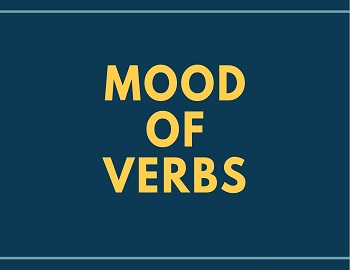
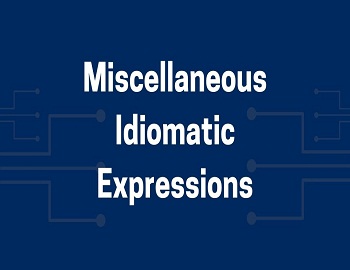
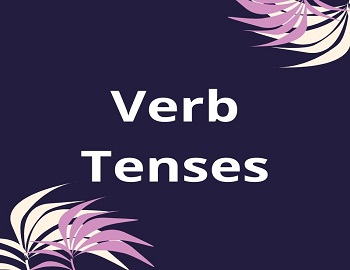
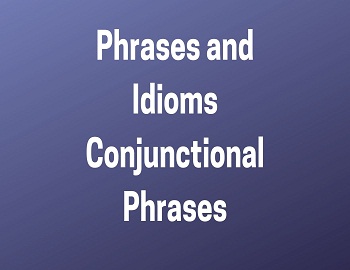
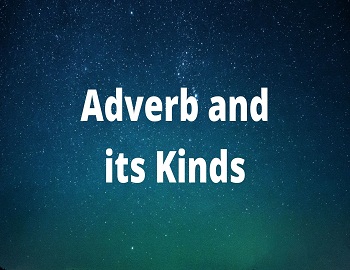
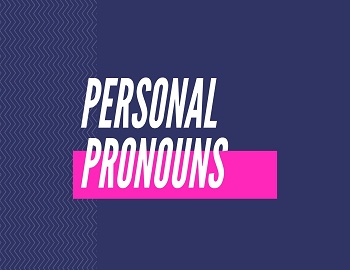
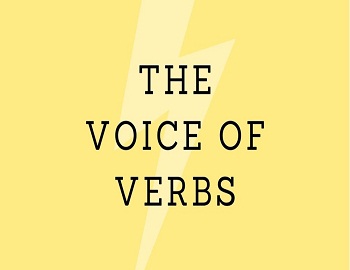
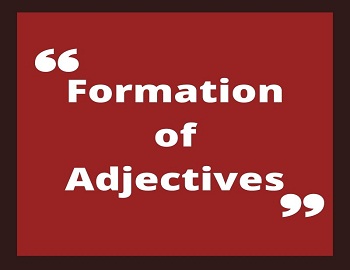
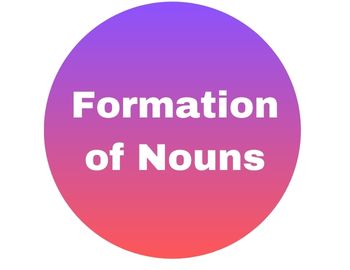
Comments (No)